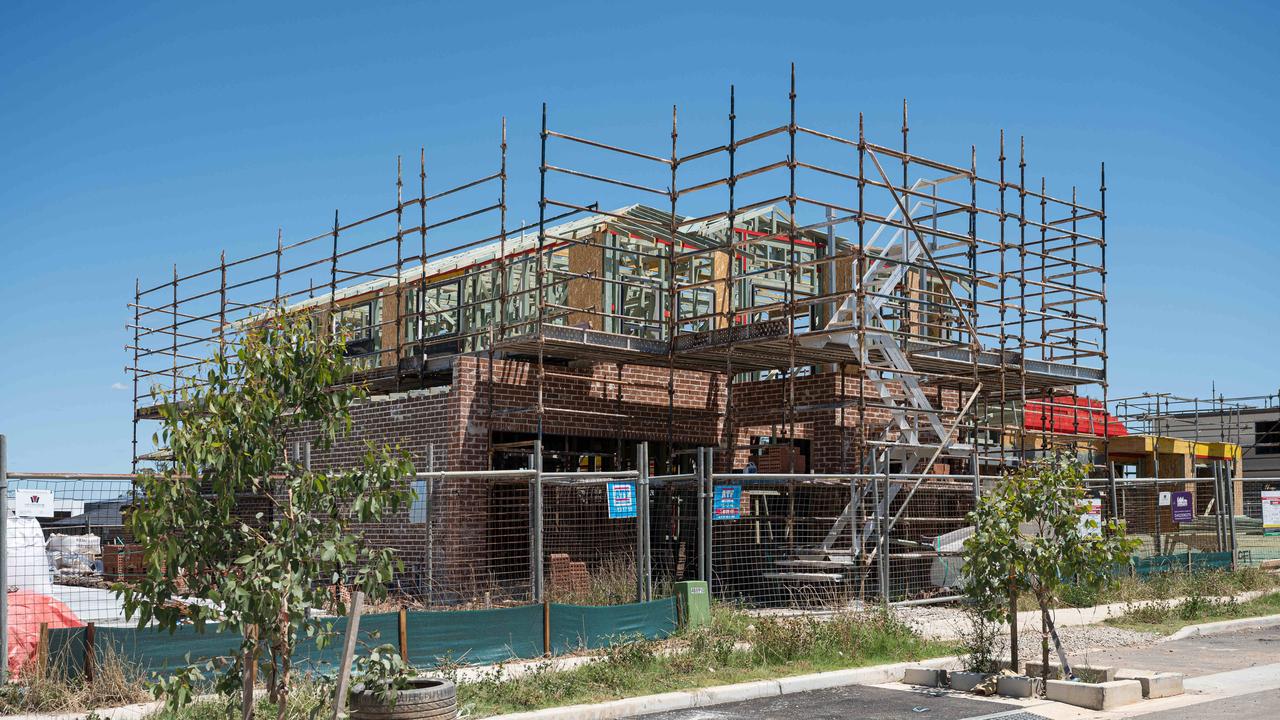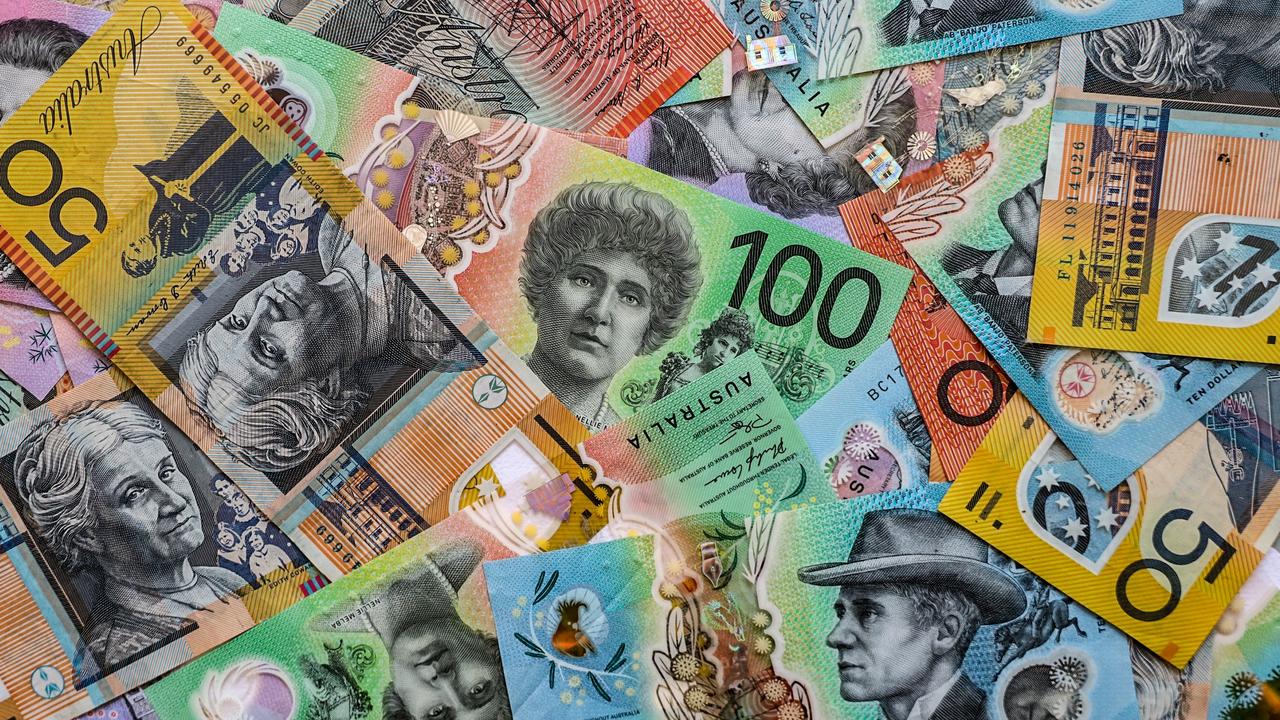Xi Jinping caught in ’leadership crisis’ as economy tanks and property giant teeters on brink
China’s economy is tanking – and the possible collapse of its last surviving mega property developer could prove to be a global disaster.
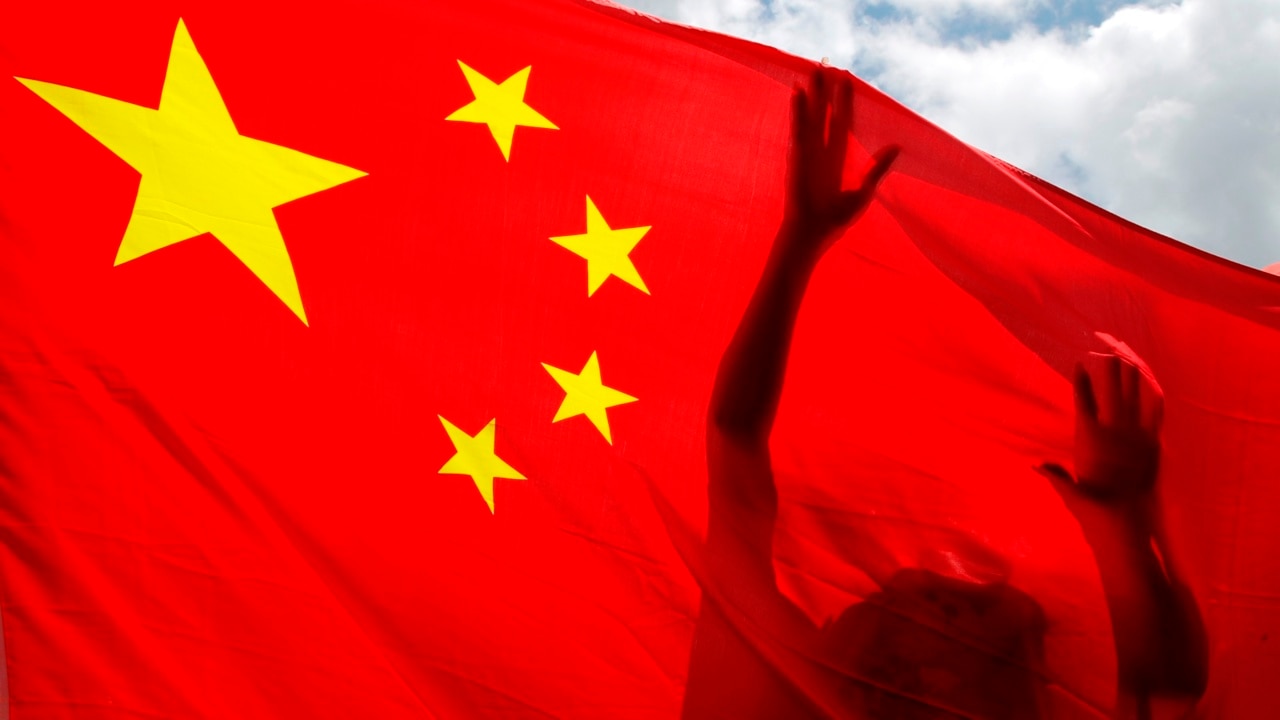
Economy
Don't miss out on the headlines from Economy. Followed categories will be added to My News.
China’s economy is tanking. Investors are running scared. Consumers are stashing their cash. And everybody’s afraid of what Chairman Xi Jinping’s next arbitrary reaction will be.
Country Garden – the country’s last surviving mega property developer – is in trouble.
Two years after the collapse of its competitor Evergrande, it failed to raise enough cash on Monday to meet scheduled bond repayments.
Only a 30-day grace period remains between solvency and default.
Now, fears of economic “contagion” – where one major failure triggers a broader collapse – are surging.
Already, state-controlled developer Sino-Ocean has missed $A32.5 million in interest payments. And major Chinese “shadow bank” Zhongrong International Trust Co has failed to meet repayment obligations.
That’s a worrying sign.
Shadow banks aren’t subject to many rules governing China’s mainstream banks. That makes them the funding source of choice for more risky investments.
It’s a $A4.7 trillion industry.
And most of that money is sunk in China’s crisis-hit real estate industry.
Meanwhile, Beijing is reeling from a relentless barrage of economic and environmental disasters.
After abruptly abandoning its draconian zero-Covid lockdowns late last year, China’s economy had been expected to bounce back under pent-up domestic and export demand.
That hasn’t happened.
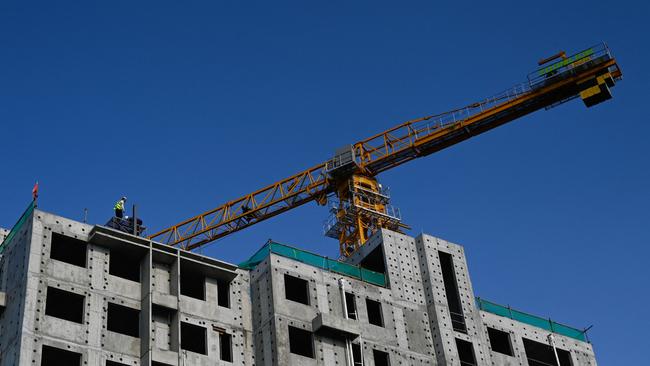
And China has just experienced its heaviest rainfall in 140 years of records. The direct bill from floods in July alone topped $A8.9 billion. It had to pay out a similar amount between January and June.
That’s despite last month being the capital’s hottest on record.
A severe drought is draining China’s Mekong River dams. And that’s limiting hydro-electric power generation – and irrigation – across a broad swath of the country.
And disastrous 20 per cent youth employment figures – especially among university graduates – have prompted the central government to stop reporting the subject entirely.
Amid it all, Chairman Xi Jinping is missing.
The autocratic leader, renowned for photos of him pointing at things, has not been seen in public since July 31 – three days after Typhoon Doksuri touched down on the mainland.
It’s not something China’s netizens – or even the Communist Party’s main mouthpiece, the People’s Daily – has failed to notice.
It dared to publish an unusually pointed Xi Thought quote late last week: “Without leadership, there is no compliance; without leading by example, there is no trust”.
Crisis of confidence
New York City University professor of political science, Xia Ming, told RFA Chairman Xi is having to confront a leadership crisis.
“The grievances of the Chinese people are significant right now,” he said.
“If he were to confront the people face-to-face at present, the cost of maintaining stability would be high. They would certainly need to arrange actors from the masses, and that would backfire rather than achieve the desired effect.”
His problem is the hip-pocket nerve.
China’s public has put the bulk of their life savings in real estate.
Now, they’re losing money.
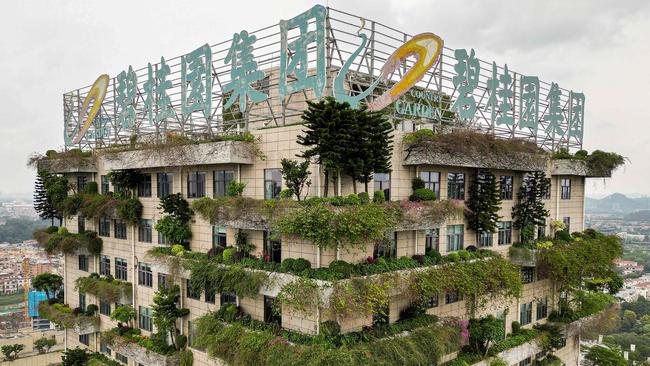
Country Garden was the pin-up child of the Chinese Communist Party’s ideal corporate citizen.
It was productive. It was profitable. It was considered one of the world’s “500 Largest” companies. And it appeared financially sound, even as 40 per cent of the market defaulted around it.
It would represent a significant tipping point in Chinese investor, homebuyer and consumer confidence if it were to fail.
But Country Garden CEO Yang Huiyan, one of China’s wealthiest women, now says the firm is “facing the greatest difficulties since our establishment”.
It must publish its half-year results by the end of the month. It’s already flagged a loss of up to $A11.8 billion.
China’s real estate market has been lurching from crisis to crisis since 2021. That’s when giant property investor China Evergrande Group fell foul of new Beijing regulations imposing liquidity standards on a seriously overheating market.
This triggered a systemic cash flow crisis. Apartments that were already paid for weren’t delivered. Contractors weren’t paid. Anticipated rental incomes failed to materialise.
And these problems haven’t gone away.
Now people don’t want to buy property anymore. Building contracts among China’s top 100 developers fell 33 per cent last month alone to $A75.2 billion.
“Faced with uncertainty beyond their control, people try to self-insure,” explained Peterson Institute for International Economics president Adam Posen.
“They hold on to their cash; they invest and spend less than they used to, especially on illiquid assets such as automobiles, small business equipment and facilities, and real estate. “Their heightened risk aversion and greater precautionary savings act as a drag on growth.”
Country harvest
Beijing’s sudden backdown on Australian barley tariffs may be a sign of things to come.
“China’s policy toward Australia is often a leading indicator of its posture toward the West, and Beijing appears to be easing tariffs on Australian goods as quickly as politically feasible,” argued Atlantic Council senior fellow Joseph Webster.
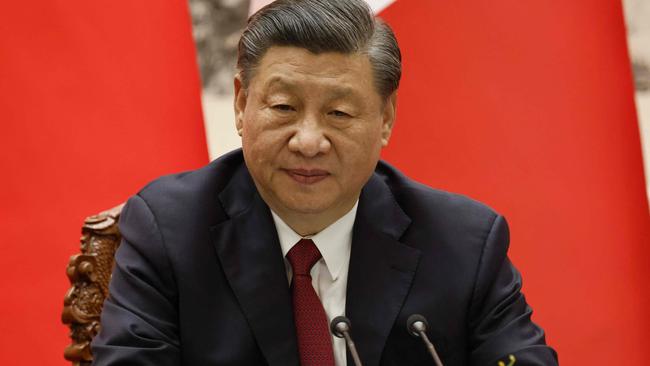
“Further tariff reductions on other products may be forthcoming.”
Such foreign policy backdowns, he said, are direct evidence that China’s economy is in trouble.
“Weak investment and consumer spending – what some have termed a ‘general erosion of public faith’ – is compounding other, structural problems in the Chinese economy. A China-led global slowdown or recession may hit commodity exporters relatively hard while leaving other, less China-dependent economies relatively unscathed.”
Where the rest of the world is struggling against inflation, Beijing has the opposite problem.
Consumer prices fell 0.3 per cent last month.
Import and export activity is slumping.
And that, analysts say, is because the Chinese public is worried about the future.
“Anecdotal but compelling evidence suggests Chinese consumers have fallen into a ‘psycho-political funk’ amid concerns over black swan events like a future invasion of Taiwan or a real estate collapse,” Webster writes in The Diplomat.
“China’s bill for decades of economic mismanagement, including historic misallocations of investment, surging debt loads, unfavourable demographics from Mao-era policies, and repressed consumption, is coming due.”
China’s Premier Li Keqiang announced a 5 per cent GDP growth target in March.
Between April and June, it grew just 0.8 per cent.
“But a slower-growing and less stable Chinese economy will also have downsides for the rest of the world,” explained Posen.
“If the Chinese continue to prefer saving in bank deposits rather than investing and continue to spend more on domestically delivered services than on tech and other durable goods that require imports, their overall trade surplus with the rest of the world will keep growing.
“And when another global recession hits, China’s growth will not help revive demand abroad as it did last time.”
Will Xi Thought bend or break economics?
“Economic development in authoritarian regimes tends to follow a predictable pattern: a period of growth as the regime allows politically compliant businesses to thrive, fed by public largesse,” said Posen.
“But once the regime has secured support, it begins to intervene in the economy in increasingly arbitrary ways.
“Eventually, in the face of uncertainty and fear, households and small businesses start to prefer holding cash to illiquid investment; as a result, growth persistently declines.”
This pattern is playing out now in China, he added.
Chairman Deng Xiaoping began the “reform and opening” of China’s economy in the late 1970s.
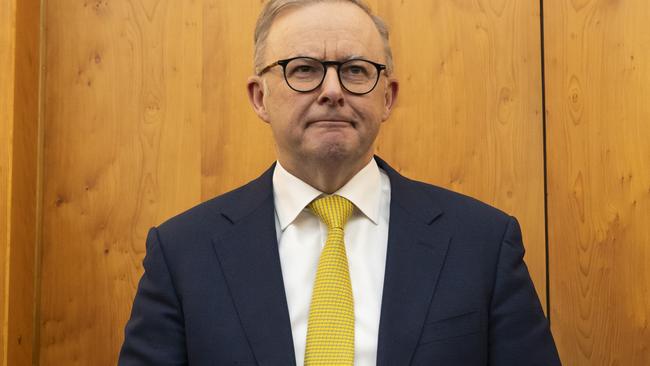
This “hands-off” approach resulted in growth labelled an “economic miracle”.
But Xi has “reverted towards the authoritarian mean”.
Since ascending to power in 2012, he’s emphasised the role of Communist Party-controlled enterprises. Now he’s enforcing Party control over private enterprise.
Businesses are being raided for “not acting in China’s best interests”. CEOs are being “disappeared” for offences ranging from romantic indiscretions to being overly successful.
“In November 2020, party leaders made an example of Jack Ma, a tech tycoon who had publicly criticised state regulators,” Posen pointed out.
“Western investors reacted with concern, but this time, too, most Chinese were either pleased or indifferent.
“How the state treated the property of a few oligarchs was of little relevance to their everyday economic lives.”
But, since 2015, Chinese bank deposits have consistently surged. Consumption of durable goods has trended down by a third. Private investment has fallen by two-thirds.
Amid it all was the Covid-19 pandemic.
“It made visible and tangible the CCP’s arbitrary power over everyone’s commercial activities, including those of the smallest players,” Posen explained.
“Zero Covid was as unsparing as it was arbitrary in its local application, which appeared to follow only the whims of party officials.”
What remains today is widespread fear not seen since the days of Mao – fear of losing one’s property or livelihood, whether temporarily or forever, without warning and without appeal.
“The condition is systemic, and the only reliable cure – credibly assuring ordinary Chinese people and companies that there are limits on the government’s intrusion into economic life – cannot be delivered,” Posen concluded.
Jamie Seidel is a freelance writer | @JamieSeidel
Originally published as Xi Jinping caught in ’leadership crisis’ as economy tanks and property giant teeters on brink




